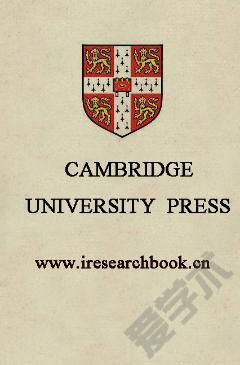Human Rights as Social Construction
Part I. This-Worldly Norms, Local Not Universal: 1. Human rights: political not theological 2. Human rights: political not metaphysical 3. Generating universal human rights out of local norms Part II. This-Worldly Resources for Human Rights as Social Construction: 4. Cultural resources: individuals as authors of human rights 5. Neurobiological resources: emotions and natural altruism in support of human rights Part III. This-Worldly Means of Advancing the Human-Rights Idea: 6. Translating human rights into local cultural vernaculars 7. Advancing human rights through cognitive re-framing Part IV. Human Rights, Future Tense: Human Nature and Political Community Reconceived: 8. Human rights via human nature as cultural choice 9. The human-rights state Part V. Coda: 10. What is lost, and what gained, by human rights as social construction.
{{comment.content}}








 京公网安备 11010802027623号
京公网安备 11010802027623号